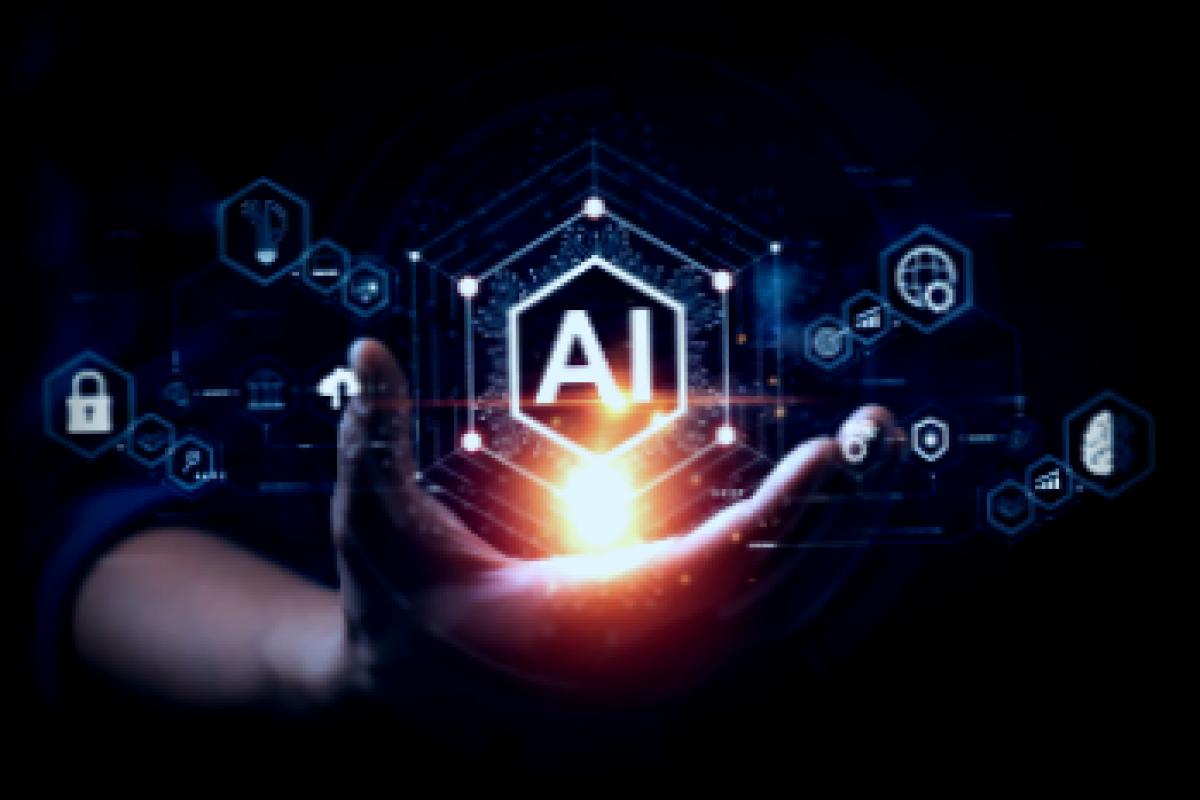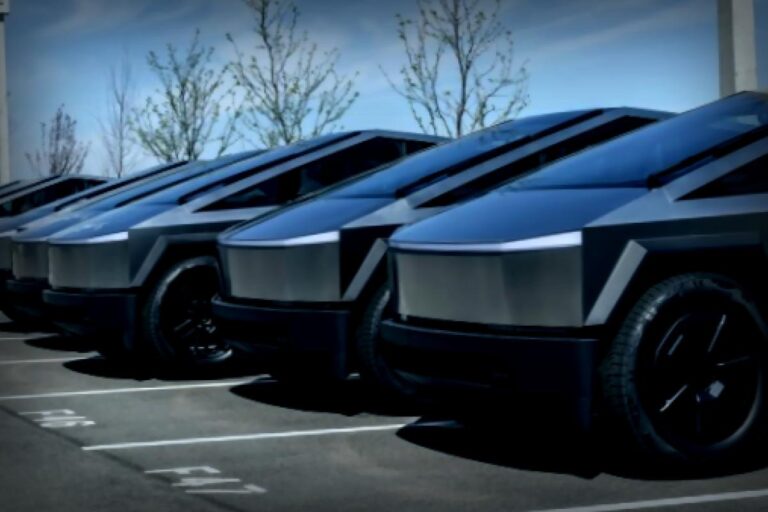Across the United States, countless folks are facing unemployment, with tech companies alone cutting more than 10,000 jobs in July, marking a staggering 36% uptick in layoffs. This isn’t your average crisis — it’s driven by advances in artificial intelligence (AI), which are shaking up the job market in a uniquely modern way.
A fresh report from Challenger, Gray & Christmas (CGC) sheds light on these drastic changes. It states, “This year, organizations have announced a total of 806,383 job losses — that’s the highest we’ve seen at this point since the record high in 2020 of nearly 1,850,000 job cuts. This figure represents a shocking 75% increase from last year’s equivalent period.” CGC’s Senior Vice President, Andrew Challenger, notes that government initiatives aimed at reducing waste, including President Trump’s push to eliminate what he labels unnecessary jobs, also influence layoffs.
“The budget cuts from DOGE (Department of Government Efficiency) are impacting non-profits and healthcare, alongside government roles,” Andrew added. Yet, he emphasizes that the most noticeable influence comes from AI, which accounted for over 10,000 job losses just last month. The tech industry seems to be at the epicenter of this job loss crisis. As the report suggests, “Technology has transformed remarkably and continues to lead in job eliminations.”
AI has constantly been part of discussions on a national level. Its rise brings about a slew of ethical dilemmas and, oddly enough, a tangible impact on employment. In a report published by Breitbart News, there are alarming revelations about how the growing presence of AI is threatening the academic journey of new graduates and altering traditional career avenues.
The article pointed out: “For graduates, competition is fierce. Jobs are fewer, and they’re now up against younger workers who have been laid off over the past few years. Platforms like Handshake indicate there’s a 15% dip in entry-level job postings compared to last year, with applications up by 30%. The same goes for internships.” Furthermore, they stress, “If employers increasingly lean towards AI and cut back on hiring newbies, they’re risking a future talent shortage that could affect higher management roles.”
The CGC’s recently published document confirmed that, while hiring overall remains low compared to pre-COVID periods, the drop-off in the technology sector is startling, with a staggering 58% reduction in job openings — down to just 5,510 new jobs in 2025.
This begs the question: what’s the fuss all about? Sure, technology advancements are Portuguese, AI is the dazzling new trend — but should we be alarmed? Personally, I wouldn’t over-exaggerate; however, the growing role of AI does unlock genuine concerns that we shouldn’t ignore. Here’s why:
1. Where’s the Real Talent?
Let’s cut to the chase. It’s not just the tech landscape being disrupted by AI; creative fields like art and writing are also feeling the heat. Human creativity, honed with dedication, is being pushed aside for faster, algorithm-driven outputs. This situation is leaving artists, writers, graphic designers, and more to face an existential worry about their careers, all while companies hit ‘go’ on cost-effective AI-generated material.
You might have noticed those viral videos showcasing animals doing hilarious stunts. While some viewers swiftly identified them as digitally crafted fakes, many didn’t blink an eye, proving just how real AI-formed content appears. Given AI’s growth, we’re still figuring out how to identify these seamless forgeries.
The messy reality is this: AI can whip up images, videos, music, data, and much more almost instantly and often with such astonishing quality that it outpaces human creation. So why spend years developing human expertise when a machine can produce usable results in mere moments?
2. Emotion and Depth: Missing in Action
Apart from risking jobs, it makes you sad to note that AI is stepping into roles that are inherently human.
There’s something magical in creative endeavor— a unique spark of passion, an innate personal touch. An emotion-laden poem or canvas reveal stories that data-driven processes can’t concoct. Like many, I attend plays not for pixel-sharp portrayals but to connect with raw talent and artistry. Recently I was blown away by a stunning performance of “Les Misérables” in London, captivated by actors who infused life into their roles.
Art doesn’t just invoke admiration; it echoes the individual behind it. Whether marveling at an unbeatable voice or a beautifully crafted film, it’s the humanity driving those creations that sparks awe within us. Sadly, beneath all AI’s impressive façades, there is an absence of the deeper human emotion that gives art its authenticity. Nevertheless, businesses are gradually replacing creative minds with calculated codes. As we trade our creators for MACs, there’s a danger that we might lose this essence of humanity.
3. Hard Work? Doomed by Machines
At the core of our human experience lies a substantial decision: pursue what is meaningful or opt for the quick-and-easy rabbit hole?
The grind of mastering a skill or feeling the pride of overcoming obstacles are now challenged by AI’s swiftness. From coding to content, struggling creatives now face hordes of cheaper, hollow alternatives that sidestep the value of human input. It swings into the classroom scene too, as students, desperate to shine amid dwindling job openings abandon critical thought and original creativity for AI techniques like ChatGPT for faster outcomes.
This pressing issue extends deeper, dissecting not just industries but affecting our very minds. Social media is already diminishing focus and creating shallow online practices. If we let AI reign unchecked, killing off human innovation, we plunge into truths that reveal risk beyond financial priority. Narrowing in on merely life-affording results would be a detrimental trade-off for authenticity.
The advancement of AI poses not just a life-altering tech adaptation, but a critical examination of culture and socio-economics. As businesses become increasingly fixated on speed rather than humanity, we stand to lose far beyond just jobs — we stand to lose the intrinsic purpose behind our toil. The stats are alarming, the losses are affecting real lives, and the themes should drive concern: How do we meld progress with the preservation of the essential human spirit? Are we truly ready to just sit and watch AI fundamentally shift our understanding of creation, work, and humanity itself?
Originally published at The Washington Stand.



















